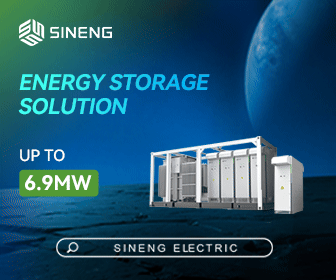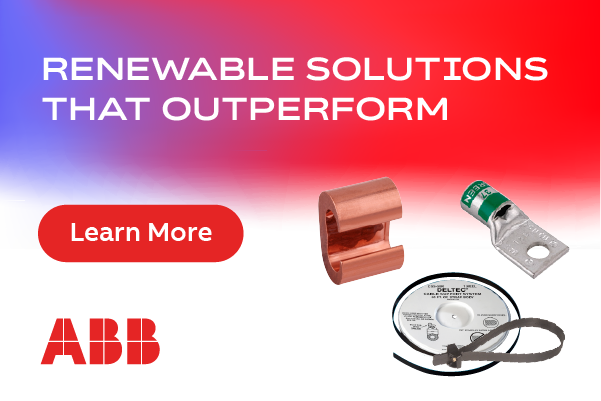Fuel Cell-Powered E-mobility: 'Autostack Industry' Project Sets the Stage for Mass Fuel Cell Manufacturing in Germany
ZSW and German automotive and supplier industries start up a joint development process
Long range and fast refueling-this is what emission-free electric vehicles powered by a fuel cell and hydrogen fuel are all about these days. The technology has indeed made huge strides in re-cent years. The viability of a high-performance fuel cell that fits into the engine compartment of a passenger car has already been demonstrated. Now a functional model based on this template serves as a basis to enable a large-scale market launch as part of the Autostack Industry project. Ten German automotive and component supply companies have joined forces with the Centre for Solar Energy and Hydrogen Research in Baden-Württemberg (ZSW) to systematically develop fuel cells to a level of maturity enabling industrial scale manufacturing. The alliance also aims to develop the processes needed for mass production. This initia-tive goes to hone Germany's competitive edge. ZSW scientists are focusing on researching components and developing uniform testing protocols and inspection methods.
The benefits of e-mobility with fuel cell propulsion are many. Manufac-turers today offer vehicles with ranges of 500 to 700 kilometers, de-pending on the model. Refueling with gaseous hydrogen takes less than three minutes. Sales were jump-started last year with the first 5,000 vehicles rolling out of showrooms around the world. Many more will follow with forecasts putting the count at 300,000+ cars and well over 3,000 hydrogen fuelling stations by 2025.
Driving hard towards market launch
"Emission-free fuel cell drives are perfect for sedans, delivery vehicles and city buses," says Prof. Werner Tillmetz, a member of ZSW's board of directors and head of the Electrochemical Energy Technologies di-vision. "However, this technology needs to be industrialized and that is just at an early stage. The Autostack Industry project aims to establish a dynamic domestic supplier industry to create the underpinning for achieving cost and quality targets."
The fuel cell technology developed in recent years stands out with several excellent properties. Perhaps most important is its very high power density of more than four kilowatts per liter. This is the key to coping with the tight volumetric and geometric constrictions in the con-fined space of a vehicle. To date, fuel cell systems have been installed in the undercarriage because of their size. Another great benefit is that fuel cells have demonstrated robust operating performance under all relevant conditions, including cold-start capability at sub-freezing tem-peratures. On the downside, fuel cell production is still largely manual labor. This new research project aims to change that. Its goal is to de-velop the technical and technological means to industrialize this work effort to the point where up to 30,000 stacks can be manufactured an-nually on highly automated production lines.
ZSW's role in this project is mainly to research new technologies that will reduce the time it takes to test and put mass-produced fuel cells into operation. Its scientists are also eager to optimize flows in the fuel cell while taking materials and heat transfer issues into account. The third point on their agenda is to develop generic, vehicle-related test protocols and new assessment methods for data gleaned from endur-ance tests.
Major German automakers are on board
Automakers and automotive suppliers signed up for the Autostack In-dustry project to put all the puzzle pieces into place needed to industri-alize the production of fuel cells for automobiles. The thrust of this ef-fort is to boost fuel cells' performance, service life and reliability, while cutting costs. This is to be done with a platform-based concept where several car makers use the same design, components, innovative manufacturing technologies and systems developed in a joint effort.
The German Federal Ministry of Transport and Digital Infrastructure is funding the Autostack Industry project with a EUR 21.3 million grant. The project is part of the National Innovation Program for Hydrogen and Fuel Cell Technology (NIP) coordinated by the National Organiza-tion for Hydrogen and Fuel Cell Technology (NOW). BMW, Daimler, DANA, Ford, Freudenberg Performance Materials, Greenerity, Nu-CellSys, Powercell Germany, Umicore, Volkswagen and ZSW are partners in this project.
ZSW | www.zsw-bw.de









